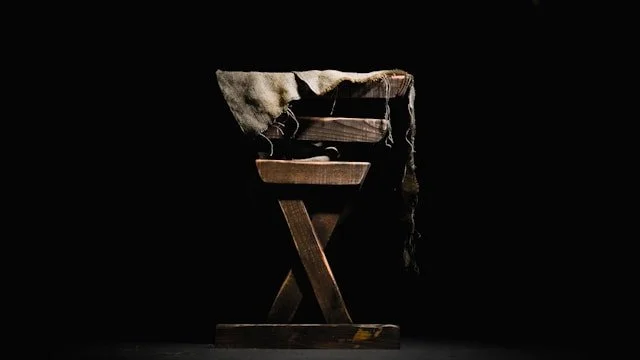Our is an Esau world. We exchange our birthright for a pot of stew, God’s Word for an endorphin hit, the eternal for the ephemeral.
My hope is that by stewarding my ministry of Words, I can help push back against that tide just a little bit. I blog first to pastor my dear congregation New Life Bible Fellowship through the ministry of the written word. My hope is that the three additional touchpoints during the week allow those God has entrusted to me as an under-shepherd to grow in their love for God, their wisdom, and to foster unity. I’m grateful for the many who read…














